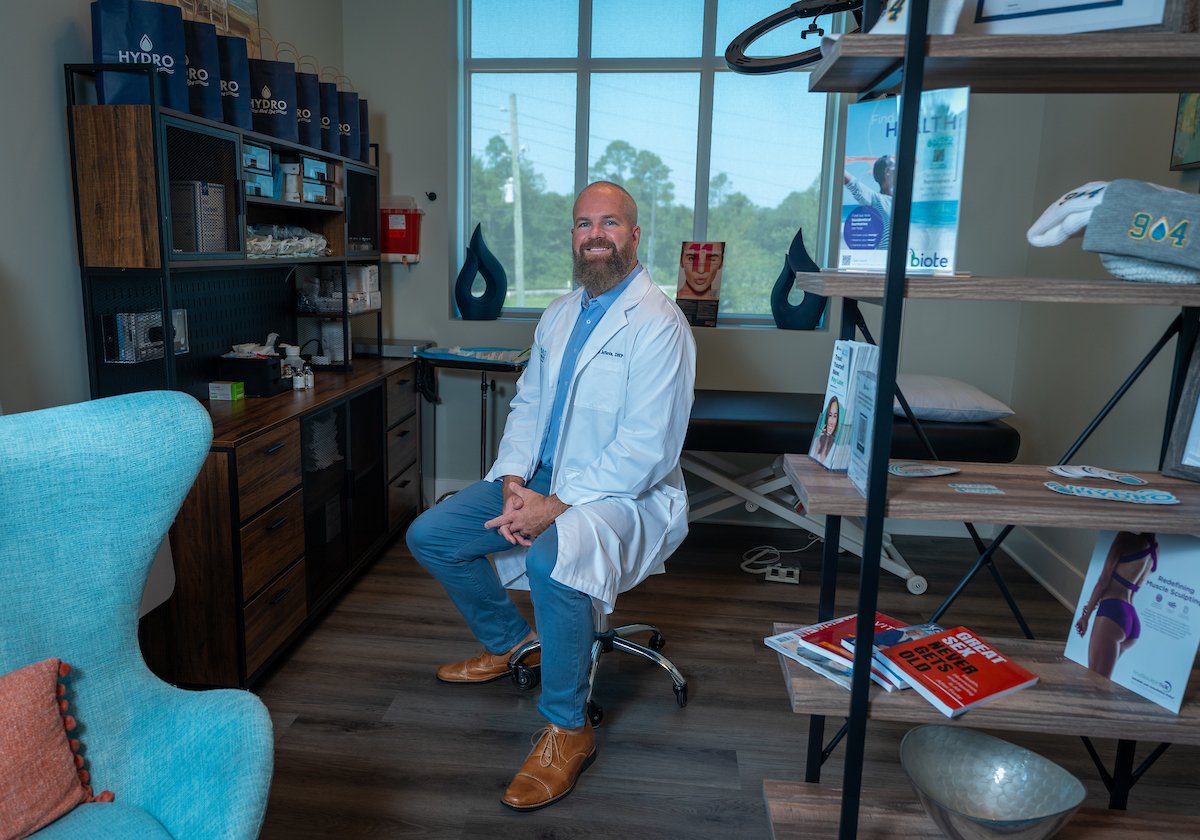Understanding Low T: Signs and Symptoms You Shouldn't Ignore
Low testosterone, or Low T, is a condition where the testicles do not produce enough testosterone. Testosterone, the primary male sex hormone, is important in bodily functions including muscle mass, bone density, mood, and energy levels. Having Low T has several possible causes including various conditions or an injury. We will explore further what Low T means, the signs and symptoms that are associated with having low testosterone, and why it is important not to ignore them.
What Is Low T?
Low testosterone occurs when the male body produces insufficient levels of testosterone. Low T levels can result from a variety of reasons including age, medical conditions, or lifestyle choices. While testosterone levels tend to decline with age, Low T can occur at any age, but the symptoms vary.
Low testosterone has many names including testosterone deficiency syndrome, primary hypogonadism, hypergonadotropic hypogonadism, testicular hypofunction and hypogonadotropic hypogonadism.
Signs And Symptoms Of Low T
The signs and symptoms of low testosterone can vary, especially by age, but common signs that you should not ignore include:
Reduced sex drive and erectile dysfunction
Testosterone is a key sex hormone and a noticeable drop in libido can be an indicator of Low T. This can put a strain on not only the individual, but also their relationships. Furthermore, erectile dysfunction (ED) as well as low or zero sperm count can be caused by Low T. Whether you are experiencing a decrease in sexual desire and/or erectile dysfunction, discussing these changes with a healthcare professional is recommended.
Low energy and fatigue
A common symptom of Low T is constant fatigue and low energy. If you feel tired and struggle to get through the day, even when you are well rested, low testosterone levels may be to blame.
Decrease in muscle mass and endurance and an increase in body fat
Testosterone plays an important role in muscle development. If you regularly exercise and start to notice a decline in muscle mass and overall endurance, it may be worth having your testosterone levels checked. Furthermore, an increase in body fat, specifically around the abdominal region, may be indicative of Low T.
Mood changes and difficulties concentrating
Low T can influence mood and mental health. Low testosterone levels can lead to anxiety, mood swings, irritability, and depression. Additionally, men with Low T sometimes report cognitive difficulties including memory issues, brain fog, and troubles with concentration. Both mood changes and cognitive challenges can impact productivity and day-to-day life.
Loss of armpit and pubic hair
A less recognized, but important sign of Low T is the decrease or loss of armpit and pubic hair. Testosterone plays an essential role in maintaining body hair so the loss of hair in these areas could be an early indicator of a hormonal imbalance.
What To Do If You Suspect Low T And Why You Shouldn’t Ignore Low Levels
If you are experiencing any of the signs listed above, or have other odd symptoms, it is important to speak with a trusted healthcare professional. Measuring your testosterone levels and diagnosing Low T usually involves a blood test. If low testosterone levels are found, there are multiple treatment options available including hormone replacement therapy (HRT) and various lifestyle changes. There is no one-fix for all for Low T, but treatment can help individuals improve their quality of life.
Untreated Low T can have consequences for your health and ignoring any signs or symptoms you may have can severely impact your mental and physical health. Low T can lead to cardiovascular issues, an increase in osteoporosis, and metabolic conditions. Being checked out can provide peace of mind and treatment options are available if Low T levels are found.
If you feel you are experiencing any of these signs or symptoms, consult with a trusted healthcare professional. Recognizing these signs and learning your options if you do have Low T can help improve your quality of life. A licensed medical professional at HYDRO Med Spa can run the proper tests in office and discuss your treatment options with you. We will develop a personalized treatment approach for you to regulate your testosterone levels.
Ready to get started? Reach out to HYDRO Med Spa now!


